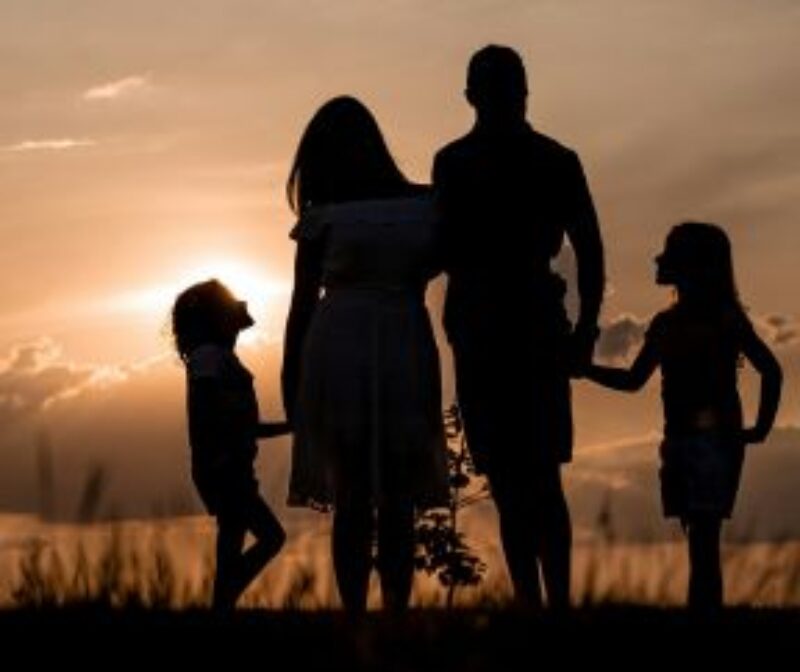Photo by: Siviwe Kapteyn on Unsplash
As I transitioned from childhood to adolescence, I started to develop a deep yearning to be with my father. I was living in North Tulsa with my mother, step-father, and siblings at the time. My mother graciously agreed to let me transition back to the heart of the infamous Austin community. “If you don’t know by now, I’m talkin’ bout Chi-Town” (Kanye West, Homecoming, 02:15).
I was a painfully shy kid, but a personable one—in other words, heavier on the gentle side of the #GentlemanWarrior ethos. While starting my 8th grade year, my father and grandparents re-enrolled me back into Herbert Spencer Grammar School. I had graduated kindergarten from there. I was assigned Ms. Boston, a Black homeroom teacher. She was tough, intelligent, held exceptionally high standards, and stern but compassionate.
My class would switch to the classroom across the hall for math. Low and behold, I was surprised with having been assigned another Black female teacher, Ms. Harris, who had the same attributes as Ms. Boston. One day, Ms. Harris presented a difficult math problem that the class struggled with answering. Somehow, I figured out the correct answer. When she called on me, I guess I didn’t live up to her expectations when I meekly responded with the right answer. Before switching back to homeroom, she came up to me, leaned in, and asked me, “Do you know what assertiveness means?” My answer to that question now escapes me, but she sure did end the conversation with something along the lines of, “Be assertive. Trust yourself. Believe in yourself.” That was a wholly different experience for this shy kid. I had never been steeped in a school context that had Black educators who encouraged and nudged me in that way. This experience occurred as I was trying to figure out bodily changes (why do my pits have to sweat so much), girls (yeah), how to hide the Oklahoma twang in my speech, becoming an “only child” and missing my siblings, and trying to navigate a new geography with an exceptionally different culture and vibe of blackness.
“The key is to get involved. Our youth need us. Be part of the village.”
What I’ve realize now is that my parents and grandparents were merely engaging me in their process of creating a #GentlemanWarrior. Though the Chicago ‘90s were seriously violent, I was regularly baptized, and rebaptized, in a Black lake of high expectations and high support—critically important ingredients for promoting Black excellence. That lake of holy Black excellence included grandparents, parents, uncles, neighbors, coaches, and (of course) teachers who spoke assertiveness into me. This helped me recognize the power of having positive, supportive, and caring adults regularly speak worth and value into the lives of Black youth. My father regularly discussed with me what it meant to be a James man, as well as his expectations that I live up to it. My mother and grandparents supported this, also reminding me to be kind, considerate, and loyal. They found a community of people to support these values and help me internalize them.
In the midst of some pretty challenging times in the Austin community, I was exposed to hardworking Black families who owned their homes and had cookouts, told my parents when I got out of line, contributed to my various school fundraisers, and let me get a wing off their cookout grill (ha!). In fact, this was evident when, at sixteen, I elected to stay home while my father and siblings went to Canada on vacation because I was attending a basketball camp (the hoop dreams were thick, then). During that same week, my grandparents were in Vegas with the Hayti Association. Y’all, we legit didn’t have cell phones. I was too scared to drive anywhere other than to get my food, to attend basketball camp, and to get back home in time to answer the phone call of the person who was assigned to check up on me on a given day at a given time. It was a landline, and I didn’t miss those calls. For that, you must have a strong village around you.
A few years ago, I published a paper with my colleagues that discussed how personal histories (among other factors) influence the choices available to Black families, and the extent to which those choices are constraining or promising. I’ve also learned through my other main area of research, positive youth development, that there are key qualities that youth need to thrive, one of which is confidence or a sense of self-worth. Though it’s still thought to be a “black box” of how exactly this process happens, one writer argues that the way to infuse these qualities in youth is through sustained relationships with positive and caring adults, both inside AND outside the home.
My village provided that care, which has inspired me to help raise the next croup of #GentleWarriors—both in my own two youth and those birthed to others. As an adult, it is important to me to be part of the village for other youth in my community, to support and promote excellence. I want to be part of the village. I am part of the village. Now, I encourage you to also be part of a village that provides positive and caring relationships with youth in your community—whether through churches, your residential community, nonprofits, boys and girl club, mentoring, coaching, etc. The key is to get involved. Our youth need us. Be part of the village. Peace.
Continue Exploring

Resilience
Building Family Resilience
Can studying missionary families teach us about building resilience in our own families? Thrive Fellow, Abby Schmidt explains her findings.

Practices
A Practice: Courageous & Curious Conversations toward Mutuality
When seeking mutuality in relationships, courageous and curious conversations are necessary. Here's a practice to guide you.

Practices
Power Dynamics in Relationships
Power dynamics affect how we engage with our loved ones. Learn how to get curious and courageous to develop mutuality in relationships.
